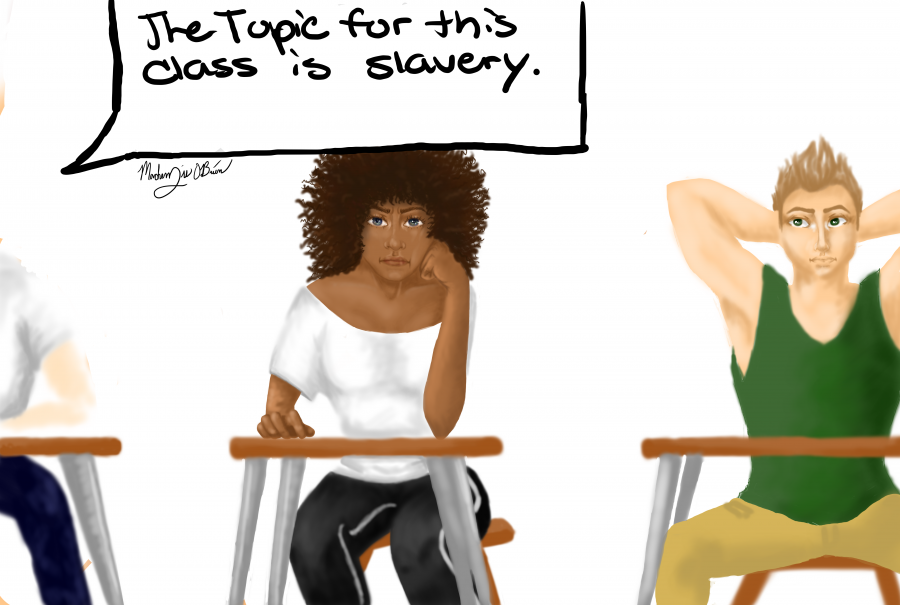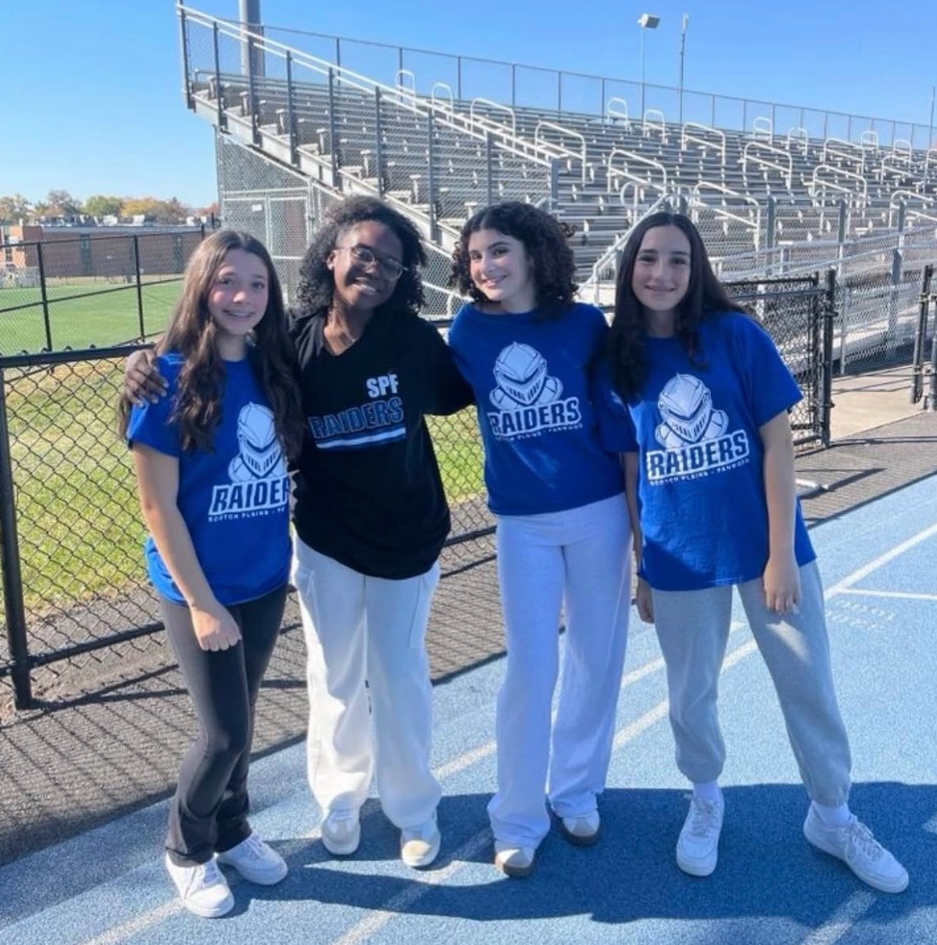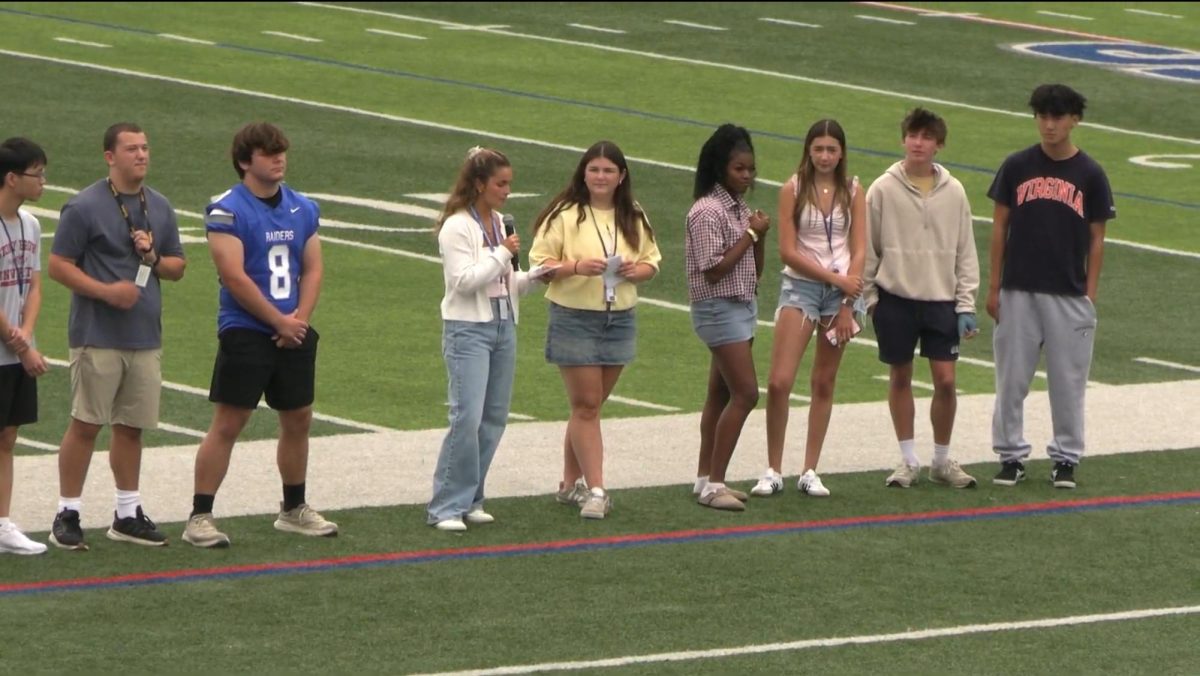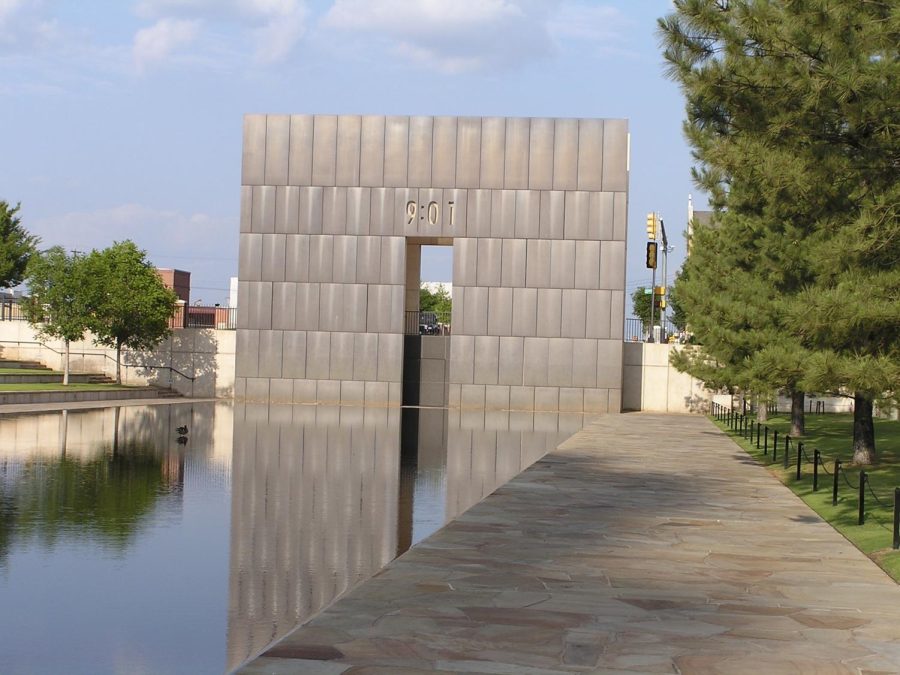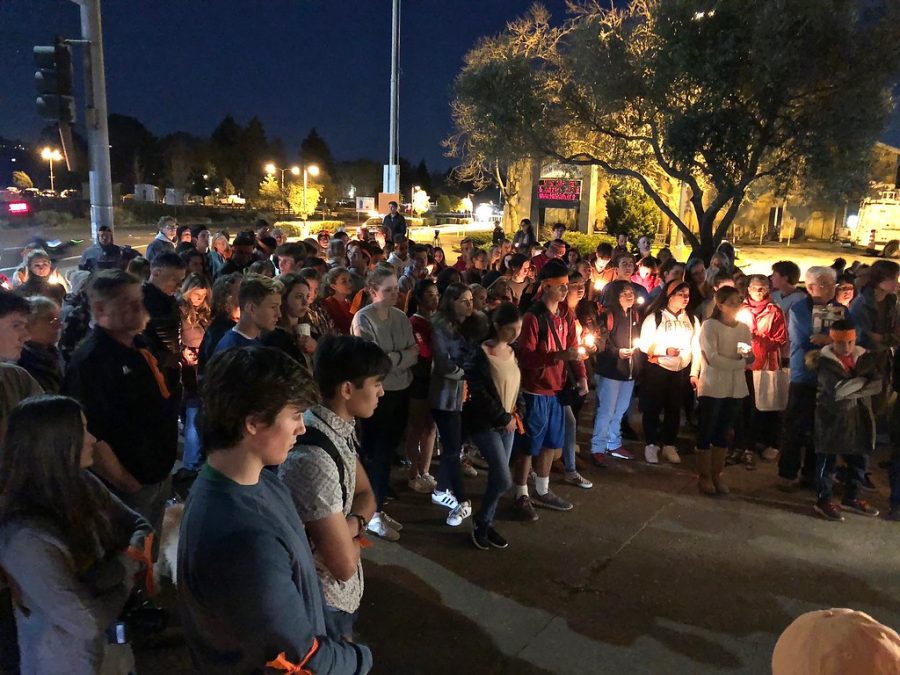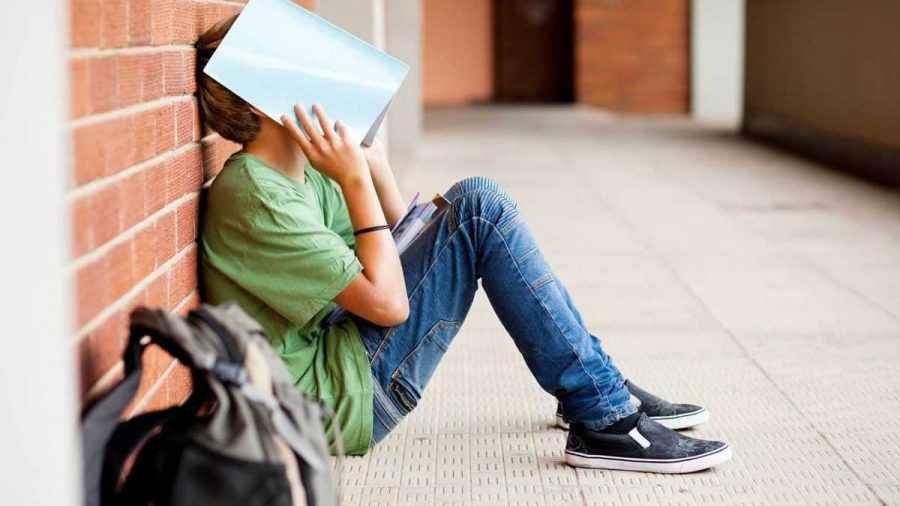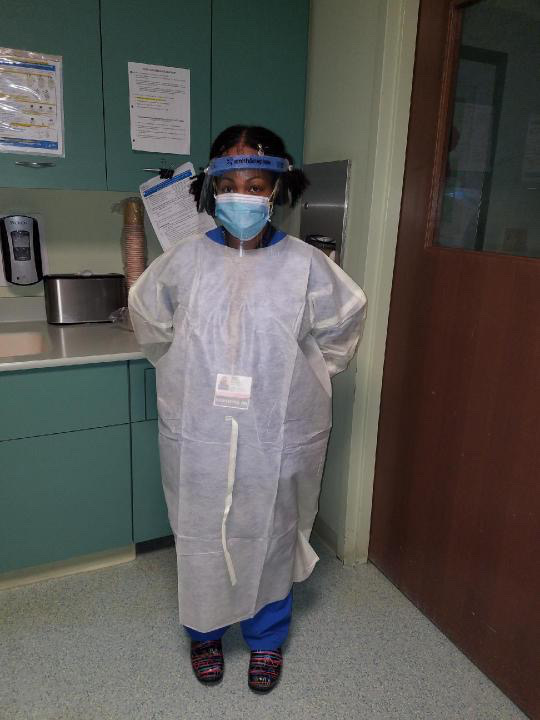artwork by Mackenzie O’Brien
The fervor of the Black Lives Matter movement has gained national attention and is heavily promoted and/or discussed in social media everyday. The black community is tired of their voices going unheard and their culture being exploited. Given that the demographic of Scotch Plains and Fanwood is predominantly white, the lack of representation impacts the academic experience for many black students.
Awkwardness and tension often accompany discussions of race in a classroom setting. Being one of few black students in a class, or perhaps the only black student in a class, makes the atmosphere uncomfortable, particularly in History and English classes.
“Usually, I’m in a lot of accelerated and AP classes so there’s not a lot of my kind in the classes. When racism is brought up I do feel uncomfortable at times, but it’s something I let go,” said sophomore Demetrius Johnson.
“You have to be the spokesperson for your race and I don’t think that’s fair,” said Tashira Wheeler, alumna and advisor of the Black Student Union. “I think that the teachers here do an awesome job, but a lot more can be done to help them relate more to their students of color and make them feel comfortable about talking about issues of race and diversity and not just the students of color. I think this is an issue, and something that needs to be talked about across the board.”
Black students need to be educated about their culture, heritage and how the people of their race have contributed to and impacted society. Black history is not extensively taught. “We need to know more about Africa and not necessarily African-Americans in America in the civil rights time. Everybody knows about MLK, we know a little bit about Malcolm X, we know a lot about Rosa Parks, but we need to know more,” said junior Kenyéla Horn.
SPFHS used to offer an African American Experience elective, but it was cut from the Program of Studies due to lack of interest. “We don’t have the means that was able to put that curriculum into play, so we’re missing out on a key component of our history,” said Wheeler. “We only get bits and pieces of the story throughout the year, it doesn’t do much good.” A reintroducing this course would garner enrollment because black students are becoming increasingly interested in their history and the injustices the black community faces today.
Another underlying problem is the lack of diversity in the SPF faculty. No matter how sensitive or aware teachers may be, there still needs to be more representation within the staff. The lack of diversity makes it harder to connect with teachers.
“To be honest, I haven’t seen a lot of African American teachers, but that can be improved in the future,” said Johnson.
This problem can be solved by the board seeking a group of diverse applicants. “I would like to see more teachers that look like me. Sometimes you notice that a lot of the students tend to connect better with the teachers either because of the way that they teach or it could be even their ethnic group,” said Horn.
Way too often, only a handful of black students are in accelerated or AP classes. Once the realization is met, it is hard to ignore the fact that there are few or no other minorities in the class. “I definitely think it has a lot to do with [black students] just not being pushed enough which also ties into there not being enough black teachers, because sometimes seeing people who look like us is going to help us succeed,” said Horn.
In high school, going natural is a rarity. Black students’ appearances are sometimes influenced by the school environment. Movements like #FreeThePuff have encouraged females to leave their hair natural and wear it with confidence, but there is still a long way to go to make students feel comfortable about their hair.
“Since so many people want to fit in, they wear straight hair,” said Horn. It is perfectly fine if girls prefer to wear braids, locs, and extensions. It is not okay when girls are not comfortable enough at school to wear their hair natural.
There are a lot of things that need to be done to improve the academic experience of black students. Creating an environment in which race is a comfortable issue to talk about and having a diverse faculty will tremendously change the atmosphere of SPFHS.


